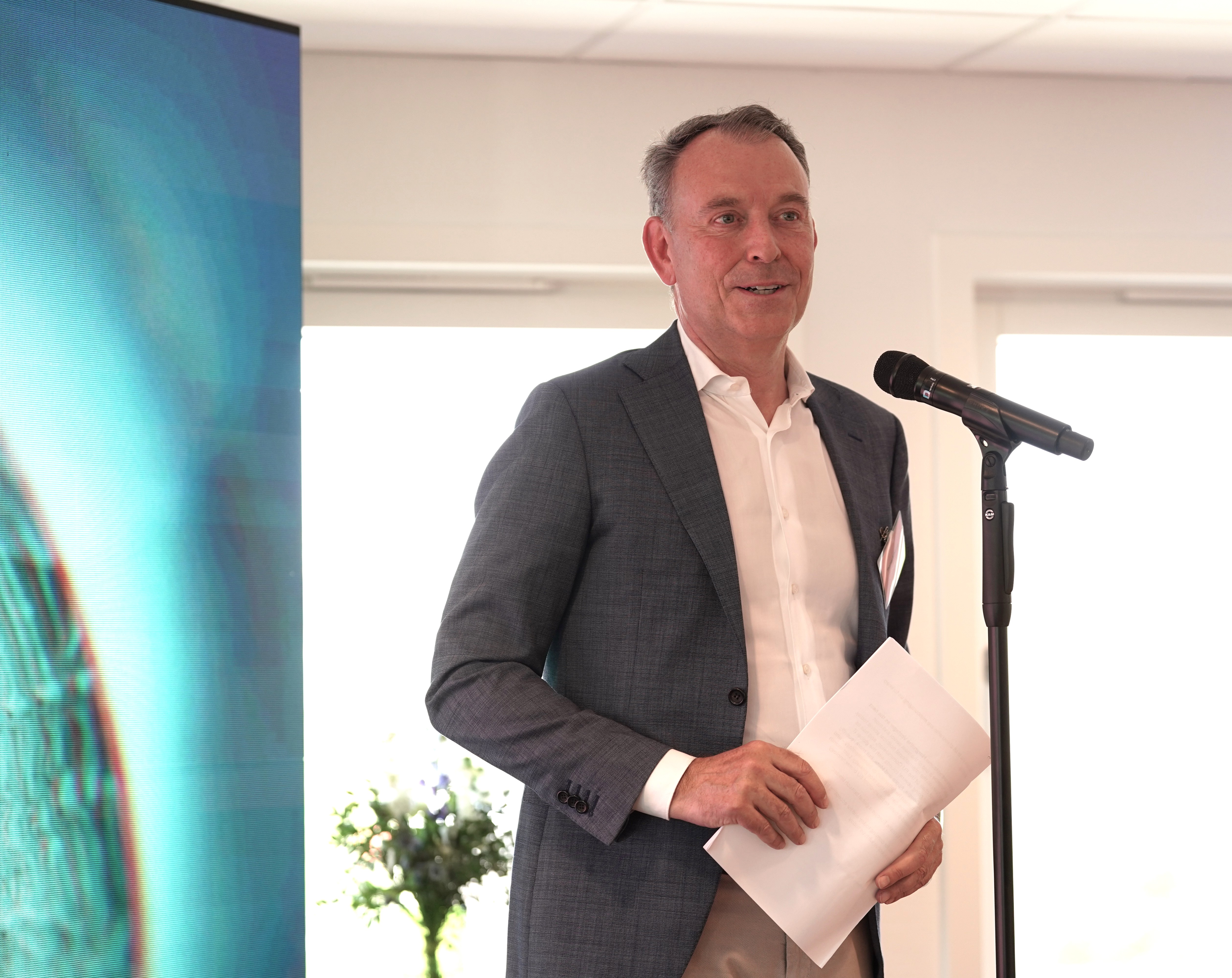These Fifty Synthetic Biology Companies Raised $1.7B in 2017
Given the record breaking amount of money going into synthetic biology companies, it seemed like 2016 was going to be hard for the industry to top. However, thanks to several late mega-raises from both public and private companies, 2017 is now the year to beat! Last year, 50 companies raised over $1.7 billion for the development of innovative synthetic biology technologies.As the broader venture capital community suffered another year of declining numbers of deal closings, the number of synthetic biology companies that raised venture funding actually increased from 2016. Even though many new companies received funding, most of the dollars went towards several large late-stage deals that represent a maturing field.

Ginkgo Bioworks is responsible for two of the largest venture deals this year. They raised $275 million just a few weeks ago to increase their capacity for organism engineering. Bioworks 3, their third foundry, was unveiled recently and they have plans to continue expanding. The company has announced several new partnerships with other companies this year, from startups like Synlogic to giants like Bayer, and are on the lookout for more companies to partner with. The partnership they announced with Bayer is a joint venture with $100 million in funding, making it the third largest deal of the year. This company will focus on engineering plant-associated microbes for improved nitrogen fixation. A successful outcome could lower both the cost and environmental impact of farming by decreasing our reliance on nitrogen fertilizers.Ginkgo wasn’t the only company that raised a large amount of venture money. Bolt Threads announced a $106 million raise after a busy 2017 that included the release of limited production runs of spider silk neckties and hats as well as partnerships with prominent designers. Joining them among large venture rounds were a number of companies that are using synthetic biology to engineer better medicines for people. Led by Autolus, LifeMine Therapeutics, Obsidian Therapeutics, and Synlogic, therapeutics companies raised over $350 million in combined venture funding. Finally, all these companies need DNA. Twist Bioscience raised $60 million for the continued development of DNA synthesis technologies and later announced a 1 billion base pair deal with Ginkgo in October.Private markets were not the only ones with an increased interest in synthetic biology. Several companies raised funds through initial and follow-on public offerings. The two largest public fundraisings were from gene editing companies Intellia Therapeutics and Editas Medicine who raised $150 million and $90 million respectively. After the FDA approval of the first gene therapy, it seems that the doors are open for other medicines that alter a patient’s genome in order to improve the patient’s health.In addition to medical companies, agriculturally-focused synthetic biology companies also made a splash in the public markets. Calyxt, an gene editing agriculture company that was spun out of Cellectis raised $56 million in its IPO. The company has fared well since the IPO, and the stock price has nearly tripled during its six months on the public markets. Yield10 Bioscience, a company developing metabolic engineering platforms to improve crop yield, raised $14.5 million in its IPO. Another public company that makes natural ingredients using fermentative processes, Evolva, raised ~$86 million through the exercise of subscription rights, and equity financing of ~$30 million.

Image credit: Marianna LimasSynthetic biology companies were also successful in raising non-equity funding this year. CAR-T immunotherapy company Poseida Therapeutics was awarded a $19.8 million grant from the California Institute for Regenerative Medicine. The company currently has a candidate for treatment of multiple myeloma in a Phase I clinical trial which will be supported by the grant. Across the pond, single-cell analysis company Sphere Fluidics and DNA delivery company Geneva Biotech received a joint grant of €1.6 million from Eurostars in order to develop gene delivery and genome engineering systems. Grant agencies understand that many synthetic biology companies are developing platform technologies that will increase the rate of innovation in biotechnology across a broad range of applications, so the money they disburse can go much further.Ginkgo Bioworks CEO Jason Kelly kicked off this year’s SynBioBeta by stating that synthetic biology will soon be disrupting every industry that deals with physical materials. We can see that already, given the great diversity of applications that companies raised money for over the past year. These companies are using synthetic biology to develop products ranging from consumer goods to living medicines to industrial chemicals. Beating 2017’s funding record will be a tall order, but as traditional investors and large companies increasingly recognise the value of synthetic biology, money will continue to come in.Those interested in more information about synthetic biology funding should check out Calvin Schmidt’s blog where he provides additional statistics concerning 2017 venture funding and maintains an index of public companies.Thank you to Marianna Limas for additional research and reporting in this article.




.svg)








-min.png)


.gif)